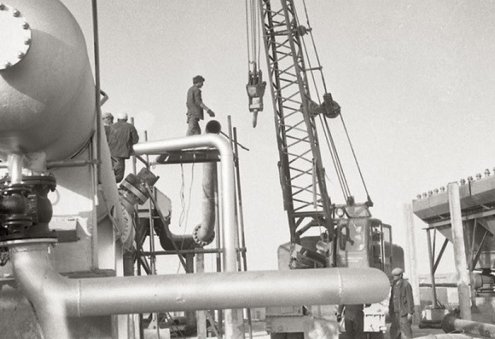Renewable fuels are neutral or low-carbon liquid fuels produced from agricultural, forestry, food, municipal, and plastic waste.
Transport is one of the largest contributors to total greenhouse gas emissions in the European Union (EU), accounting for 25 percent. Therefore, the EU has set a goal of reducing emissions from transportation by 90 percent by 2050 under the Paris Agreement and Europe's Green Deal.
To achieve this goal, the EU has developed a series of measures affecting both the vehicles and the fuels they use. Among them is a regulation that sets a 15 percent reduction in CO2 emissions from heavy vehicles by 2025 and a 30 percent reduction by 2030 from levels recorded in 2019.
The EU has recently recognized the role of eco-fuels as a solution to decarbonize transportation, especially air or sea. Thus, in addition to electricity, the EU has also included some synthetic fuels among the fuels that can be used from 2035.
Renewable fuels are compatible with the existing vehicle fleet and distribution systems (gas stations or tankers), so they do not require additional investment or changes in infrastructure or user behavior.
The question of what advantages eco-fuels offer can be answered by saying that they offer several advantages over conventional fossil fuels. The most important one is that by using renewable and recyclable raw materials, people reduce CO2 emissions and other atmospheric pollutants such as nitrogen oxides (NOx) or suspended particles (PM).
Reducing emissions is an enormous task that we all need to cooperate with. At the same time, Ecofuels utilize waste that would otherwise go to landfills or incinerators. They thus contribute to the circular economy, creating added value and local jobs.
Nurmyrat Mommayev,
PhD Candidate at Marmara University's Department of Political Science and International Relations in Istanbul, Türkiye


















